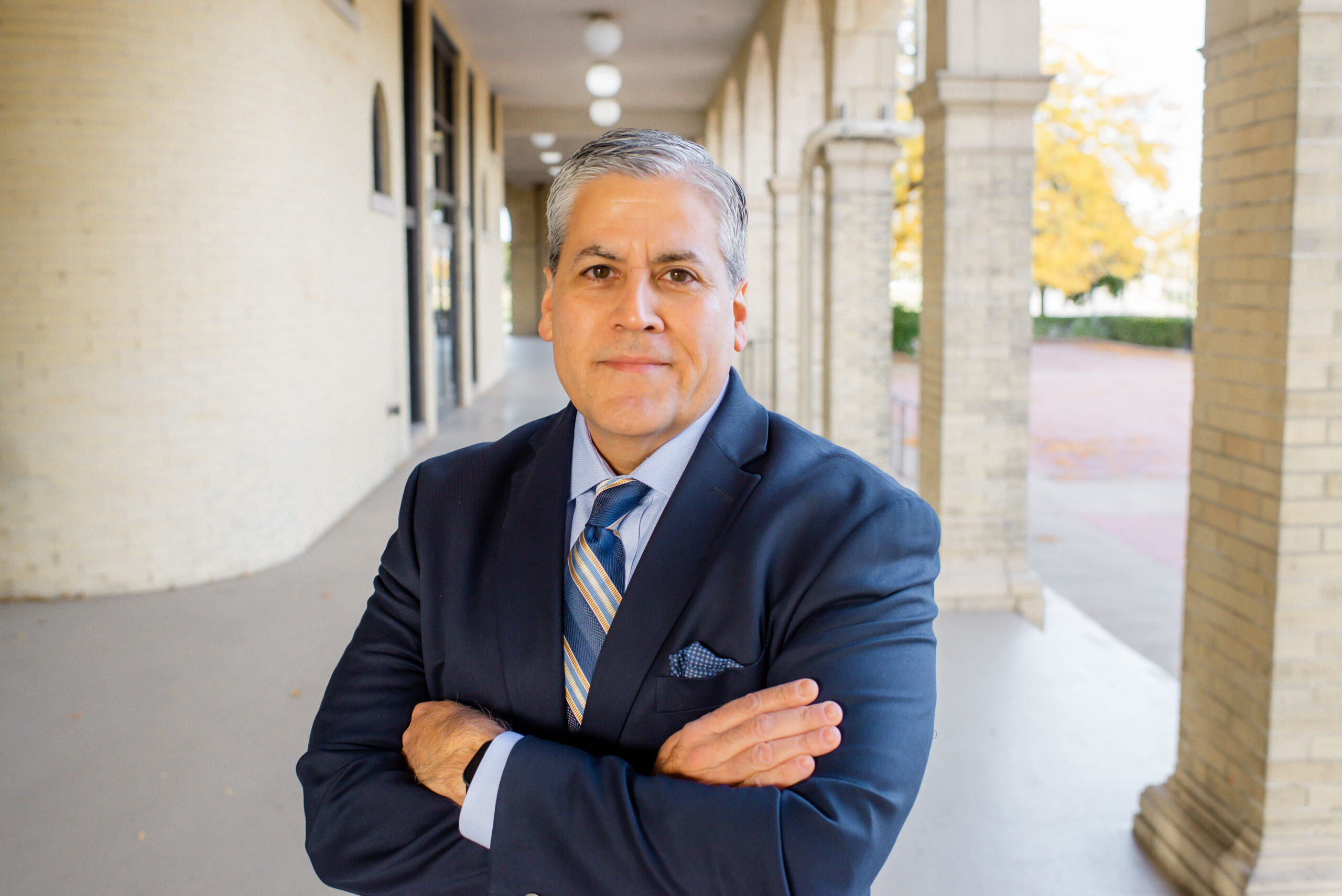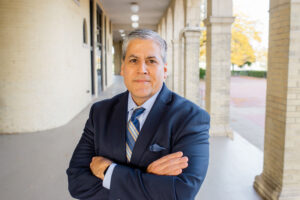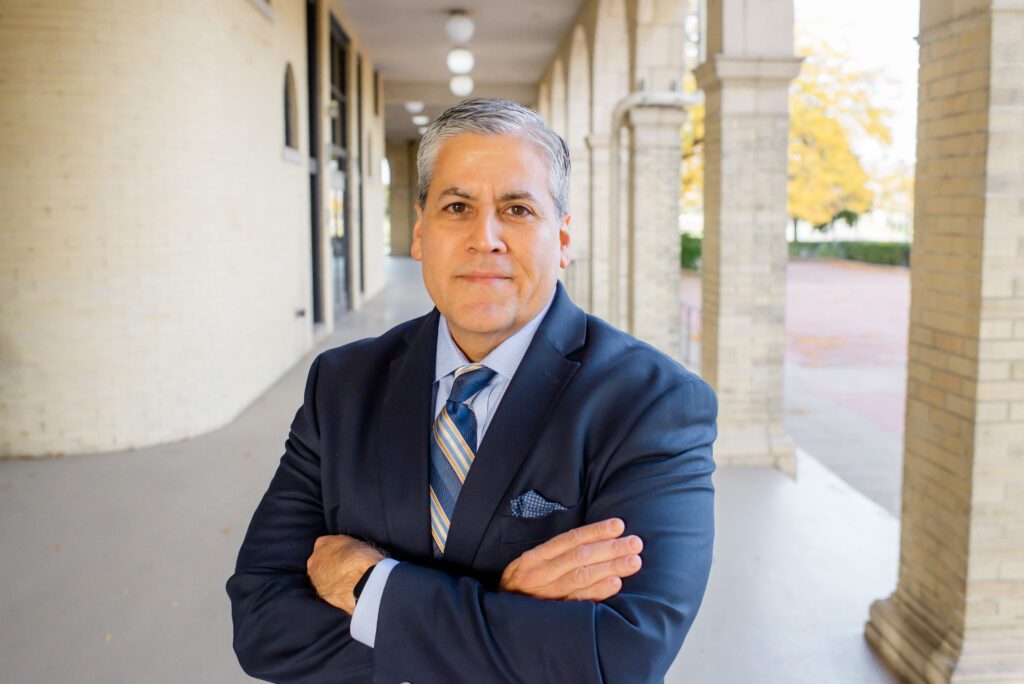Source: Special to Michigan News

Hector Hernandez, executive director of Southwest Economic Solutions. Photo courtesy of Southwest Economic Solutions.

Hector Hernandez, executive director of Southwest Economic Solutions. Photo courtesy of Southwest Economic Solutions.
More Info
When someone reaches out to Southwest Economic Solutions for assistance avoiding foreclosure, they’ll also have a chance to receive support finding a higher-paying job.
The integration of housing support, workforce development, and financial literacy services means it’s common for people to stay connected with Southwest Economic Solutions for years, working with coaches to help them achieve economic success.
Southwest Economic Solutions, which serves about 2,000 people a year, became an independent nonprofit in 2013. It shares a governing board with Southwest Solutions, which has operated in Detroit since 1970 and also oversees Southwest Counseling Solutions and Southwest Housing Solutions.
Executive Director Hector Hernandez discusses how Southwest Economic Solutions works to address the root causes of financial insecurity in Detroit.
Can you introduce us to Southwest Economic Solutions?
Southwest Economic Solutions integrates multiple services to help individuals achieve their financial goals, preserve housing, and get into the workforce. We offer homebuyer education to help individuals become first-time homebuyers. We are certified by the U.S. Department of Housing and Urban Development and the Michigan State Housing Development Authority, so we can also help folks mitigate foreclosure or help with tax exemption applications. We provide adult learning services to help folks achieve a GED or learn English as a second language. We help low-skill, long-term unemployed people returning from incarceration get back into the workforce.
We meet people where they’re at and help identify a training track for them based on their interests. We have a whole team that’s adept at integrating multiple offerings, including financial literacy. Barrier mitigation is probably as important as building foundational skills because navigating a complex system becomes key to success on whatever track they choose.

Skilled trade graduates. Photo courtesy of Southwest Economic Solutions.
How have you partnered with the University of Michigan?
We worked on a “Detroit Dreams Deferred” study on access to mortgages with Trina Shanks and Patrick Meehan at U-M’s Center for Equitable Family and Community Well-being and David Palmer. This project started from a challenge we saw in our city with regard to the inability of legacy Detroiters to buy a home via mortgage.
It was tough extracting data on enrollment and outcomes in HUD-certified homebuyer education programs in Detroit. We had to submit a Freedom of Information Act request to HUD to extract the data, and that took eight to 10 months before we got the really deep data. So we were able to get at the root of the problem and come up with the specifics in terms of who was able to access a mortgage, who was not, and where the down payment assistance from MSHDA was going.
What did you value most about your partnership with U-M?
It was Trina’s and Patrick’s expertise and the evaluative lens through which they look at everything. Patrick distilled the data by city council district, so we could present the data in a manner that resonated with the council members. That helped the council members start to formulate a strategy around how to address this challenge with the American Rescue Plan Act dollars coming into the city. In short order there will be ARPA funding for a down payment assistance program. So that’s an enormous help to this particular type of borrower, and it does help create real family wealth for our residents.
Southwest Economic Solutions has been doing this work for over 13 years. Intuitively, we’ve known that we’re providing homebuyer education to folks who are qualified to buy homes and can access down payment assistance, but they weren’t finishing the process. We couldn’t prove why, so the data reinforced what we knew and showed in detail that people weren’t getting to the finish line due to myriad challenges. The impact was clear: legacy Detroiters, the Black and brown community in particular, were not able to access mortgages on a scale commensurate with their population in the city. We were able to show folks this is a challenge and it can be overcome, but it takes commitment. People are listening because we have the data to validate it.
What advice would you give to other organizations interested in partnering with U-M?
I would say don’t hesitate to reach out. The university has a wealth of resources, expertise, talent, and a willingness to listen. In Detroit, we see how unequal the opportunities are throughout the city. We appreciated U-M’s focus on equity and neighborhood development. I envision we’ll continue to work with them on a regular basis. The need is so great, the opportunity is there, and there’s alignment with our work. I can’t think of a better partner.


